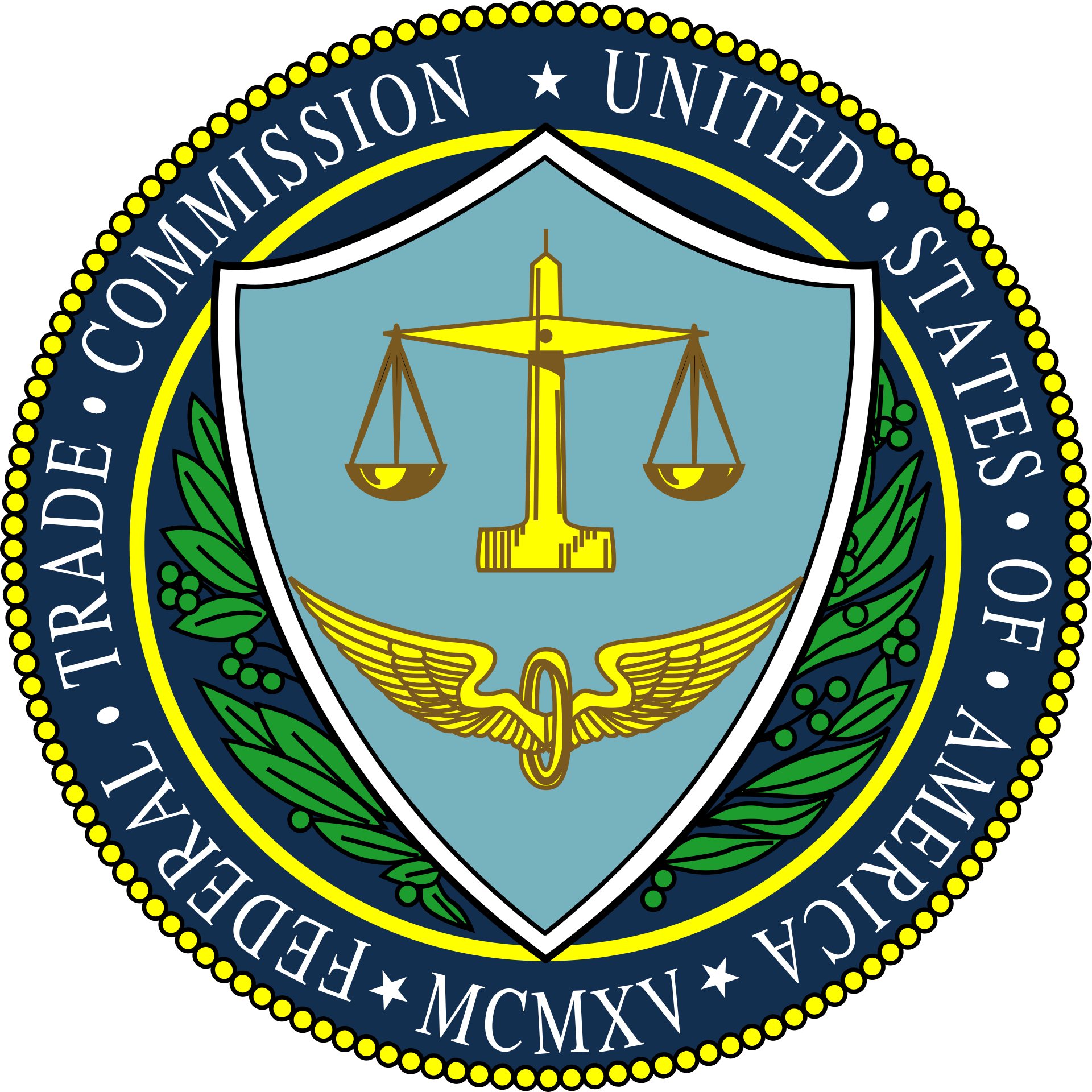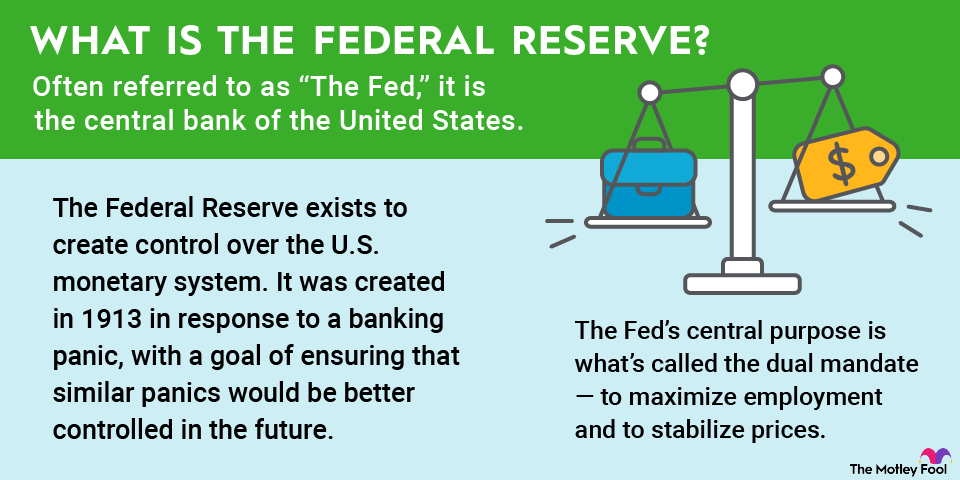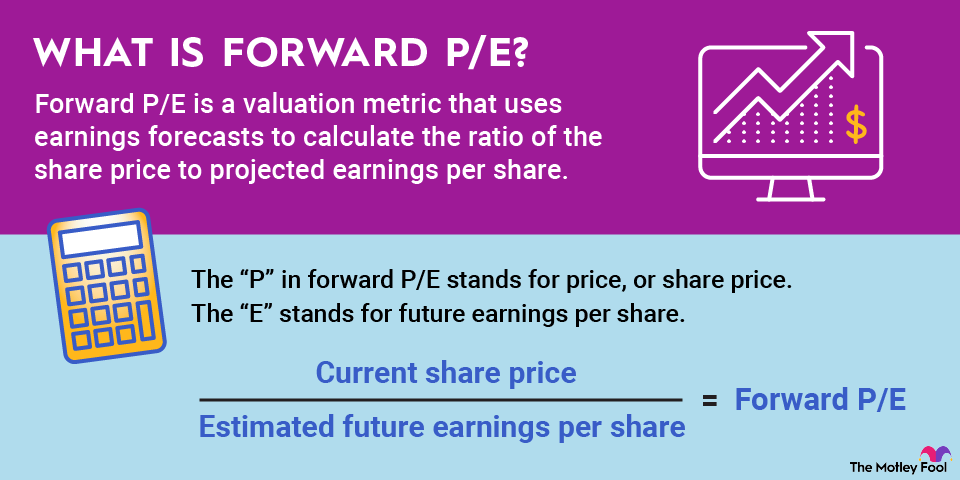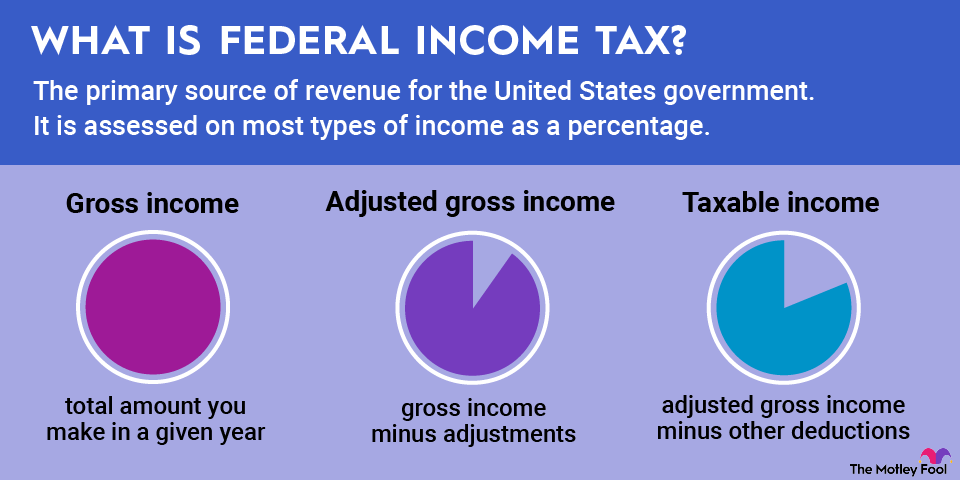The Federal Trade Commission (FTC) plays a vital role in the U.S. economy. But what is it exactly, and why should you care about this government agency? Read on to learn all about the FTC, an independent agency of the U.S. government.

What is the Federal Trade Commission?
The FTC is the nation's commerce watchdog. Established in 1914 by the Federal Trade Commission Act, the agency's role is to protect consumers and promote competition. In other words, the FTC ensures that businesses play fair and don't deceive or exploit consumers. If business were a game, the FTC would be the referee.
The commission's official mission statement clearly spells out its specific goals and tools:
The FTC's mission is protecting the public from deceptive or unfair business practices and from unfair methods of competition through law enforcement, advocacy, research, and education.
What does the FTC do?
As an independent agency, it doesn't report to any other government arm, such as the Department of Justice or the Department of Commerce. Instead, it has a broad mandate under direct oversight by the three fundamental branches of the U.S. government: the executive, legislative, and judiciary.
The FTC doesn't have the power to make new laws, but it can set up rules and regulations to enforce the laws created by Congress. The president doesn't directly affect the FTC's operations but can appoint its commissioners or remove them for cause.
The courts, with the Supreme Court as the final arbiter, interpret the laws and can rule on the legality of the FTC's regulations. These are the checks and balances that keep American commerce going.
On the flip side of the collaborative coin, the agency supports the lawmaking process with advice and suggestions. Through this process, the FTC pursues several goals:
Protecting consumers. Ever feel like someone's watching over your shoulder as you shop? That's the FTC ensuring companies aren't misleading you with false advertising.
Promoting fair competition. The FTC ensures that businesses compete fairly, preventing monopolies and promoting healthy competition.
Regulatory powers. So, what happens when a company violates consumer rights? The FTC has the authority to investigate and take legal action through tools such as lawsuits, cease-and-desist orders, and fines.
This process may involve collaborating with other government agencies, such as the Department of Justice or Consumer Financial Protection Bureau (CFPB), and state attorneys general to ensure effective enforcement and consumer protection.

Why should you care about the FTC?
The importance of the Federal Trade Commission cannot be overstated. The agency serves many crucial functions in the American economy, affecting both the daily lives of ordinary people and the operation of gigantic corporations.
The FTC prevents monopolies, roots out fraud and deception, and ensures consumers have all the information they need about a company's products and services. It also strives to educate consumers and businesses about their rights and responsibilities.
- Staying informed: By understanding how the FTC works, you can keep an eye on legal disputes that might affect your investments.
- Knowing your rights: If you feel like a business has treated you unfairly, you know the FTC has your back. It's like having a dedicated consumer rights advocate with a government background and courtroom clout in your corner.
- Making ethical investments: You can invest with a conscience, knowing there are enforceable regulations in place to ensure companies play by the rules. This includes consumer protections and regulations against anti-competitive business practices. The FTC can make scoundrels and rogues pay for their misdeeds in various ways.
Let's watch the FTC in action
It's not hard to find real-world examples of the FTC's influence. The FTC's actions regularly make headlines with its efforts to protect consumers and promote fair competition. Just open your favorite news website or leave the news channel running for a while, and you'll probably run across the agency's name before long.
For instance, you might recall the Facebook privacy case of 2019. The company, now known as Meta Platforms (META +1.69%), paid a record-setting $5 billion fine for violating the FTC's privacy protection rules. Facebook was found to have deceived its users regarding their ability to control how the social media platform stored, managed, and used their personal information.
The agency filed a lawsuit in 2012, charging Facebook with violations of eight different privacy protection policies. For example, the platform used to allow account information, such as your email address and name, to be shared with the developers of apps installed by your Facebook friends. You can't do that anymore, thanks to the precedent-setting power of this ruling.
Related investing topics
The case ended with a consent decree, a settlement in which Facebook paid its fines and changed its business practices without admitting wrongdoing. Still, the case carries massive weight as a rulemaking example for other cases to follow. The Facebook privacy case rewrote the rulebook for social media services and online interaction in general.
The ruling safeguarded individual privacy rights and sent a clear message to the tech industry about the FTC's commitment to enforcing consumer protection laws. It's a stark reminder that even the most powerful corporations must comply with regulations designed to protect the rights and interests of everyday users.
And that's where the FTC comes in.



















